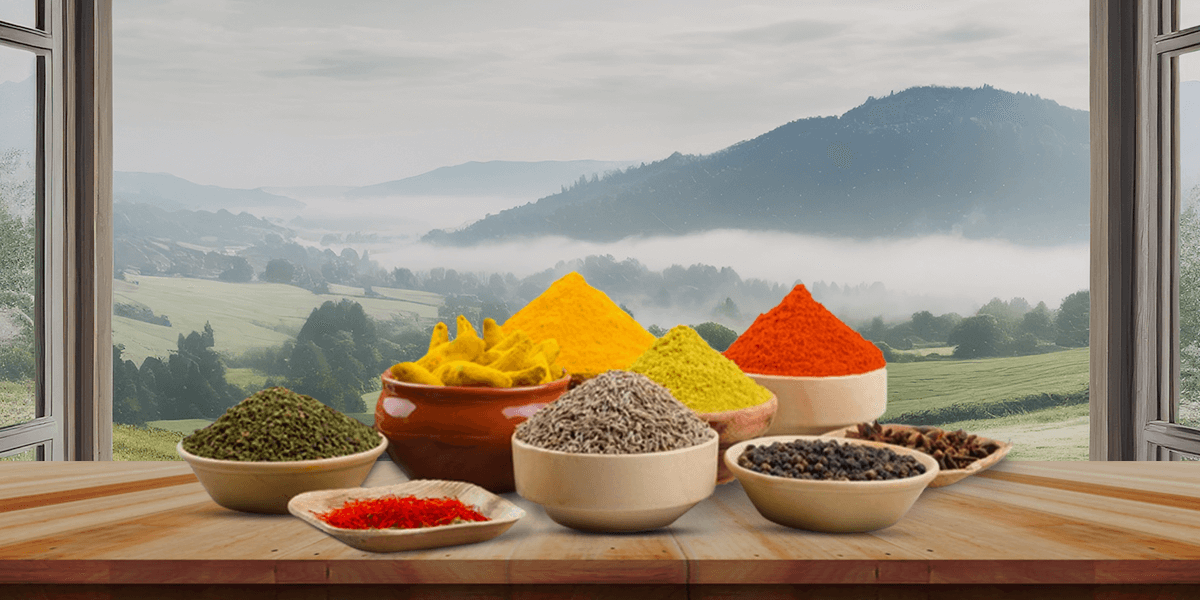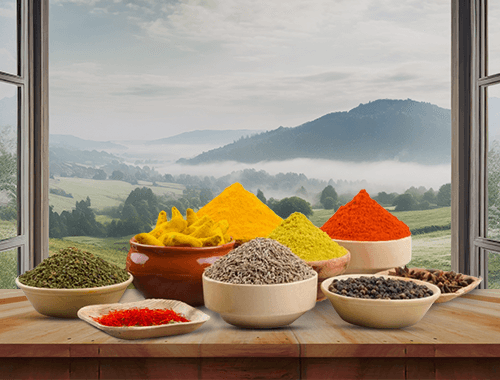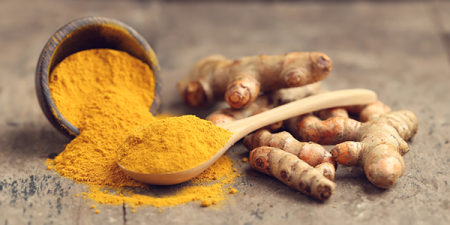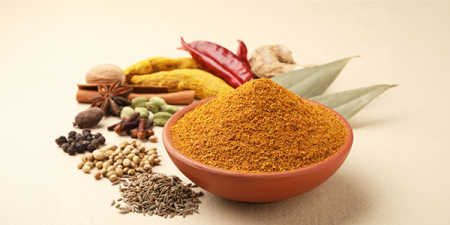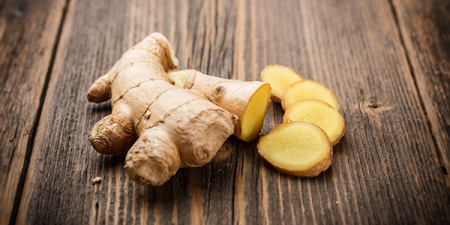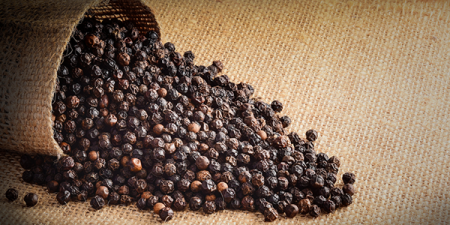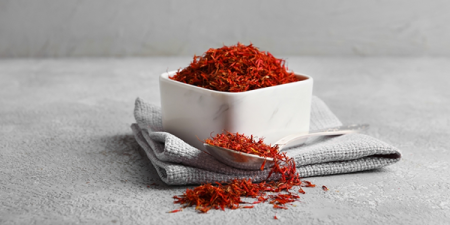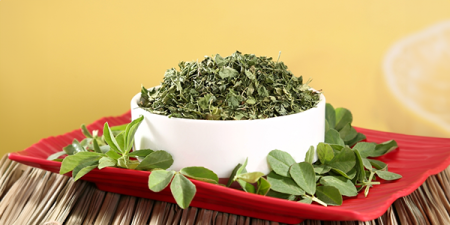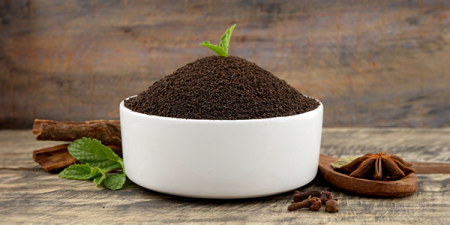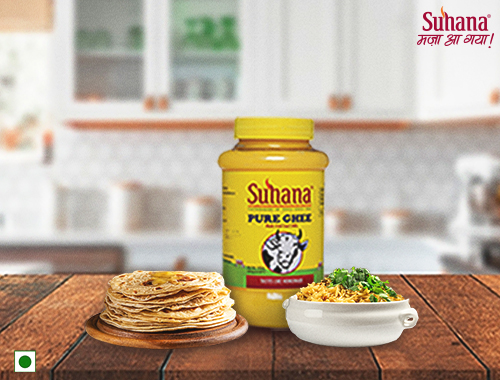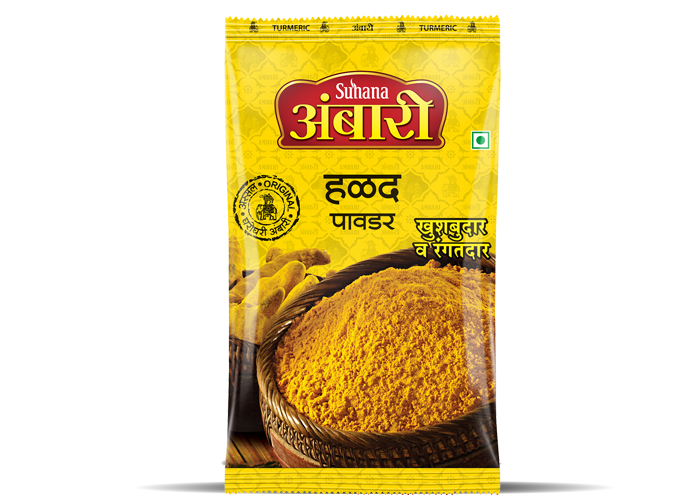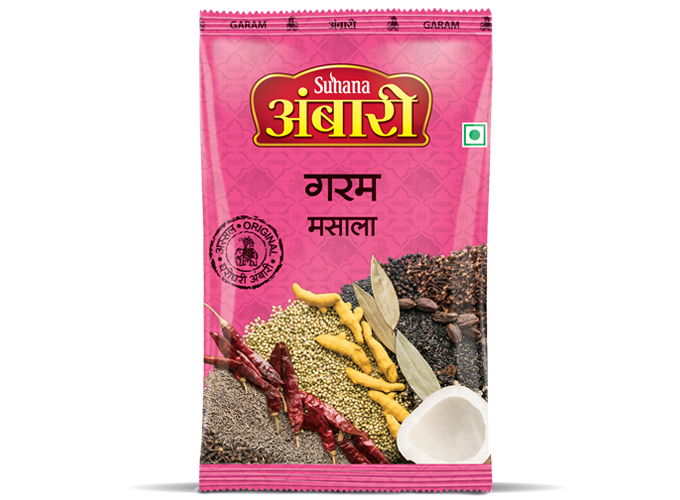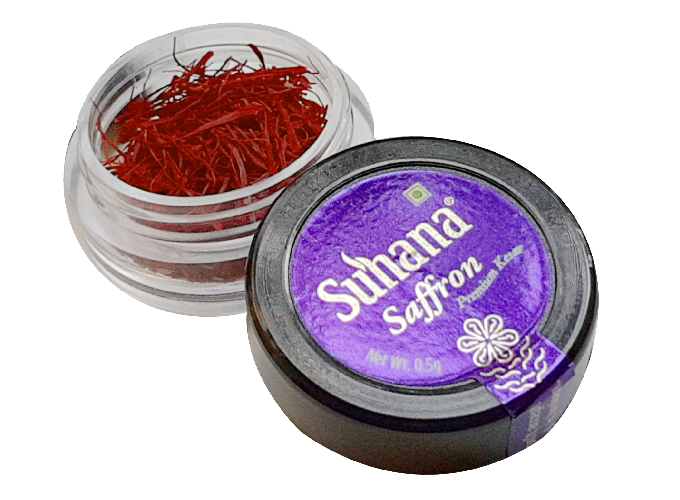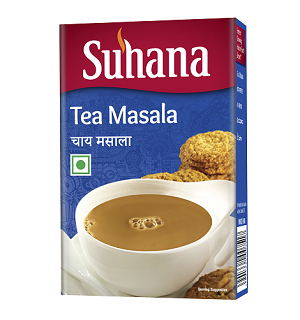Winter is when all your allergies might start acting up. It’s essential to stay healthy and also combat the cold this season! You always have over-the-counter medicines to help you fight these, but what we have at home gives an instant remedy!
Here’s what you can do with those ingredients available in the kitchen to boost your immunity! Stay healthy during winter by using these seven spices.
Turmeric
Turmeric reigns supreme in natural medicine, as it’s commonly used in curries and gravies. The compound curcumin found in it is a potent anti-inflammatory that helps ease pain, swelling, and even chronic conditions like arthritis. Turmeric boosts immunity, protects against Alzheimer’s, and has potential anti-cancer properties. It’s also known to promote gut health, as it helps improve from bloating and gas. Apart from curries, you can also use turmeric in these ways.
How to take Turmeric during Winter?
Turmeric Tea:Add a teaspoon of Suhana Turmeric Powder to water and bring it to a boil. Add a tablespoon of honey to it and have it when you feel bloated. You can add crushed black pepper and ginger when you suffer from other digestive issues, cough, and cold.
Turmeric Water: Add turmeric to warm water, which you can have on chilly winter mornings. This will help you with inflammation, and digestive issues this season.
Garam Masala
Garam masala, a warm blend of spices containing pepper, cloves, cinnamon, and cardamom, offers several health benefits. It aids digestion, promotes heart health by lowering cholesterol, and fights off infections with its antibacterial properties.
Uses of Garam Masala
You can add garam masala to naan, soups, curries, and snacks like samosa. If you like dosa, add a dash of garam masala while making hot dosas. Pair it with ghee, and it tastes out of the world!
Ginger
With its fiery taste, ginger warms your palate and your body. Ginger is a natural nausea fighter, easing motion sickness and morning sickness. Its expectorant properties clear congestion and soothe coughs, while its anti-inflammatory properties combat headaches and muscle aches. Ginger also reduces inflammation, colds, and coughs, naturally helping the stomach and digestive parts.
How to Consume Ginger in Winter Season?
If you are on a weight loss journey, you can have ginger tea with lemon in the morning.
- Ginger Tea: Grate a little ginger and add it to boiling water. Take it from the stove and remove the tiny ginger bits, as you need only the essence and add a tablespoon of tea powder. You can have it as such or add a little honey. If you like lemon, you can add lemon juice, but remember to have lemon ginger tea in lukewarm water.
- Ginger Water: Grate the ginger in boiling water and simmer it for two minutes. Remove from heat and have the extract either directly or with some honey.
- Ginger Milk:You can also add ginger to milk and have it before bedtime.
Black Pepper
Black pepper, the king of spices, isn’t just a taste enhancer; it’s a potent anti-inflammatory agent. It aids nutrient absorption, boosts digestion, and fights respiratory issues like bronchitis. It can even relieve muscle aches and pains. It also helps you lose weight, detoxifies your body, cleanses your stomach and prevents constipation.
How to use Black Pepper in Cooking?
- You can add corn, tomato, or spinach to any soup you make.
- You can make ghee pepper roast with mushrooms, chicken, and mutton. Vegan dishes taste amazing with extra pepper, and you can try making roasted sweet potato with pepper, spicy black bean burgers, and more.
- You can also add it to your omelette and a variety of egg dishes to maintain the spice levels and a healthy body!
Saffron
Saffron is more than just luxurious; it’s a mood booster! Saffron’s antidepressant properties combat stress and anxiety, while its antioxidant power protects brain cells. It also eases menstrual cramps and exhibits anti-cancer potential. It keeps depression in check and relaxes the mind.
How to Use Kesar at Home?
- Saffron can be added to either hot or cold milk.
- You can add saffron water to your biriyani to enhance colour and taste. Your badam milk will taste fantastic with saffron.
- Your badam milk will taste fantastic with saffron.
- You can add saffron to sugar syrup if you make gulab jamun or rasgulla at home.
- Suhana Kesar can be added to your tea and you can’t imagine how refreshing it is!
- Kesar can be added to any kheer for a unique taste. If you want the kesar taste to be concentrated, boil the milk till it is halved and add sugar, kesar and cardamom to it. Your kesar kheer is ready!
Kasuri Methi
It aids digestion, regulates blood sugar, and promotes milk production in lactating mothers. Fenugreek tea soothes sore throats and coughs while combating skin infections, aids in constipation and digestive issues, and lowers cholesterol.
How to use Kasuri Methi?
- You can add crushed Suhana Kasuri Methi to all your gravies for roti, naan and parathas for the extra aroma and unique flavour.
- You can add methi seeds to the dosa batter while grinding.
- Add a little kasuri methi to the mix if you make pakoras on rainy evenings.
- It gives out an aroma and tastes excellent! Kasuri methi elevates your dal tadka and dal makhana to another level when you add it during tempering.
Tea Masala
For colds and coughs, ginger, clove, and cinnamon have antibacterial and antiviral properties, which may help eliminate the cold. Having hot tea for sore throat can be satisfying, as you get relief from the heat produced by ginger and clove. Ginger has anti-inflammatory properties, which may reduce inflammation in the body, especially pain around periods for women.
It also acts as an excellent immunity booster during rainy seasons. Ginger in the tea is a natural digestive aid, so if you feel heavy after any meal or experience any other discomfort, you can have masala tea. Since masala tea is black tea, it has lots of caffeine, instantly boosting metabolism and energising you. Hence, it’s a great drink to begin your day or for a slow afternoon!
Masala tea is the most preferred drink during winter, since it alleviates cold and cough. Have a cup of Masala tea to feel better as soon as you wake up on a chilly morning.
How to Use Tea Masala at Home?
- You can use it to make masala tea.
- You may also bake a cake with tea masala as the main ingredient, with the rest of the regular items used.
To stay safe this winter, try Suhana’s garam masala and Kesar, which are 100% natural and have no preservatives. Head to our website and fill out your cart!

